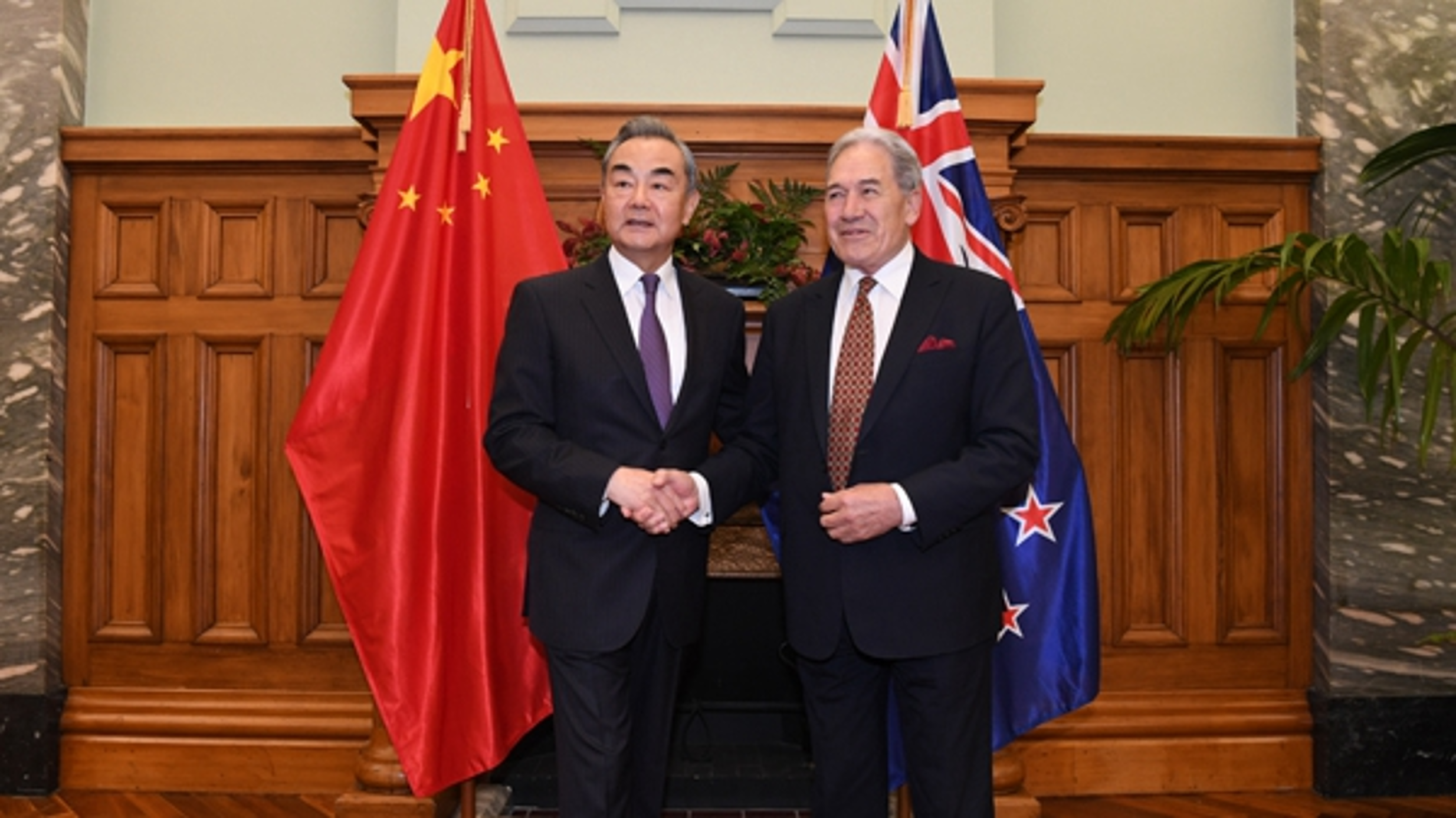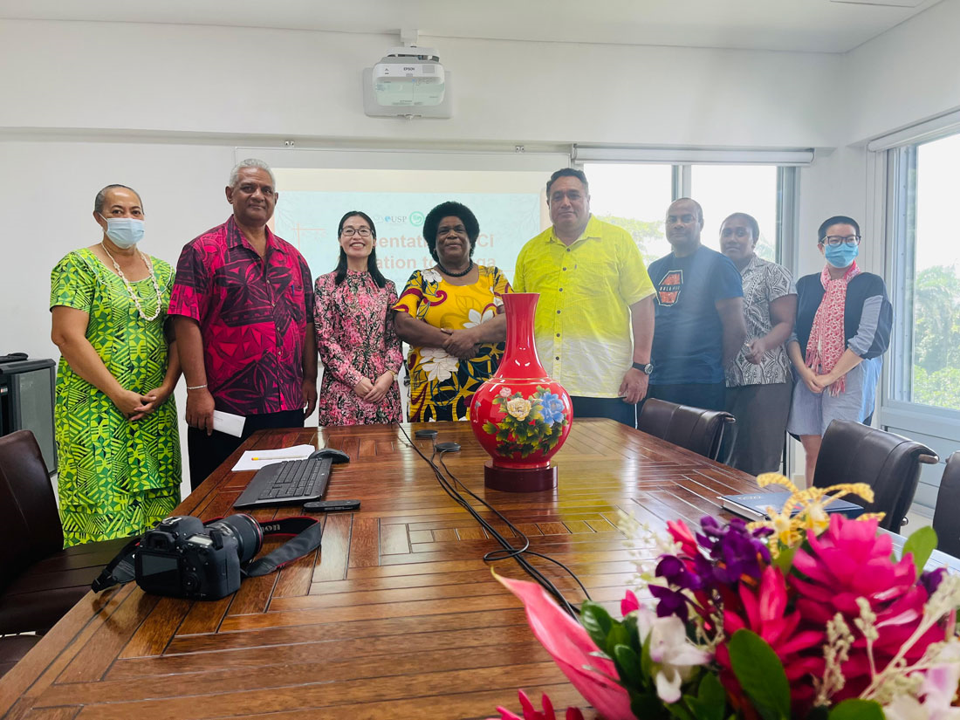China’s soft power in the Pacific region extends like the tentacles of an octopus, encompassing various forms of economic assistance and engagement with Pacific Island nations. While Chinese aid and investment present opportunities for development and cooperation, they also entail risks and challenges that could potentially undermine the sovereignty and long-term interests of recipient countries. The analogy of the octopus tentacles vividly illustrates both the expansive reach of China’s influence in the Pacific and the complexities associated with accepting Chinese assistance.
Economic Outreach
One of the primary tentacles of China’s soft power in the Pacific is its economic outreach. Through initiatives like the Belt and Road Initiative (BRI), China has provided funding for infrastructure projects in several Pacific Island nations, including ports, roads, and telecommunications networks. While these investments may stimulate economic growth and development, they also come with risks, particularly those related to debt sustainability and financial dependency. For example, countries like Tonga and Vanuatu have incurred significant debts to China, raising concerns about their ability to repay these loans and the potential for China to leverage debt as a means of exerting political influence.
Furthermore, Chinese aid and investment in the Pacific have raised concerns about transparency, accountability, and governance standards. Unlike traditional donors such as Australia, New Zealand, and the United States, which often attach conditions to their aid and emphasise principles of good governance, human rights, and environmental sustainability, China’s assistance tends to come with fewer strings attached. This lack of conditionality may facilitate corruption and the inefficient use of resources, undermining efforts to promote transparency and accountability in recipient countries.

Moreover, China’s economic activities in the Pacific have raised environmental concerns, particularly regarding the impact of infrastructure projects on local ecosystems and natural resources. For instance, the construction of ports and other infrastructure may disrupt fragile marine habitats, contribute to pollution, and exacerbate climate change. Additionally, China’s fishing fleets have been accused of engaging in illegal, unreported, and unregulated (IUU) fishing in the waters of Pacific Island Countries, undermining efforts to conserve marine biodiversity and sustainably manage fisheries resources.
Cultural Diplomacy Efforts
Another tentacle of China’s soft power in the Pacific is its cultural diplomacy efforts. China promotes cultural exchanges, language education, and people-to-people ties through initiatives like the Confucius Institutes and cultural exchange programs. However, its ties to the Chinese government raise concerns about censorship, academic freedom, and the promotion of Chinese propaganda. Critics argue that the Confucius Institute may suppress discussion on sensitive topics, influence curriculum content, and create dependency on Chinese funding, ultimately shaping perceptions of China and limiting intellectual diversity in academia.

With its media arm, China’s has expanded its media presence through outlets like China Global Television Network (CGTN), China Radio International (CRI), and China Daily. These media platforms aim to provide an alternative perspective on global events and issues from a Chinese viewpoint, countering what China perceives as Western bias in mainstream media coverage. In the Pacific, China has invested in partnerships to expand its influence. In January 2024, leaked emails revealed efforts by Chinese diplomat Huangbi Lin, stationed at the Chinese Embassy in Honiara, to influence media coverage of Taiwan’s presidential election.
Strategic Partnerships and Security Cooperation
Furthermore, China’s strategic partnerships and security cooperation in the Pacific pose risks to regional stability and sovereignty and extend its reach. China has deepened defense ties with certain Pacific Island nations through military assistance, joint exercises, and security dialogues. In 2022, Chinese foreign minister Wang Yi failed to reach consensus on a sweeping security and trade deal with 10 Pacific nations amid concerns the proposal could “threaten regional stability.” While these partnerships are often framed as efforts to enhance maritime security and counter transnational threats; they also raise concerns about the militarization of the region and the potential for China to assert its strategic interests at the expense of regional autonomy and sovereignty.
While Chinese aid and investment offer opportunities for development and cooperation in the Pacific, they also entail risks and challenges that must be carefully considered by recipient countries. The analogy of the octopus tentacles vividly illustrates the complex and multifaceted nature of China’s soft power in the region, encompassing economic, cultural, and security dimensions. As Pacific Island nations navigate their relationships with China, they must balance the potential benefits of Chinese assistance with the need to protect their sovereignty, promote transparency and accountability, and safeguard their long-term interests.
Paper Dragon is an experienced insurance actuary based in Australasia specialising in analysing risks from China’s expanding influence into Pacific nations. With a keen eye for detail and a growing understanding, Paper Dragon seeks to assist in safeguarding the interests of businesses and governments across the Pacific region.


